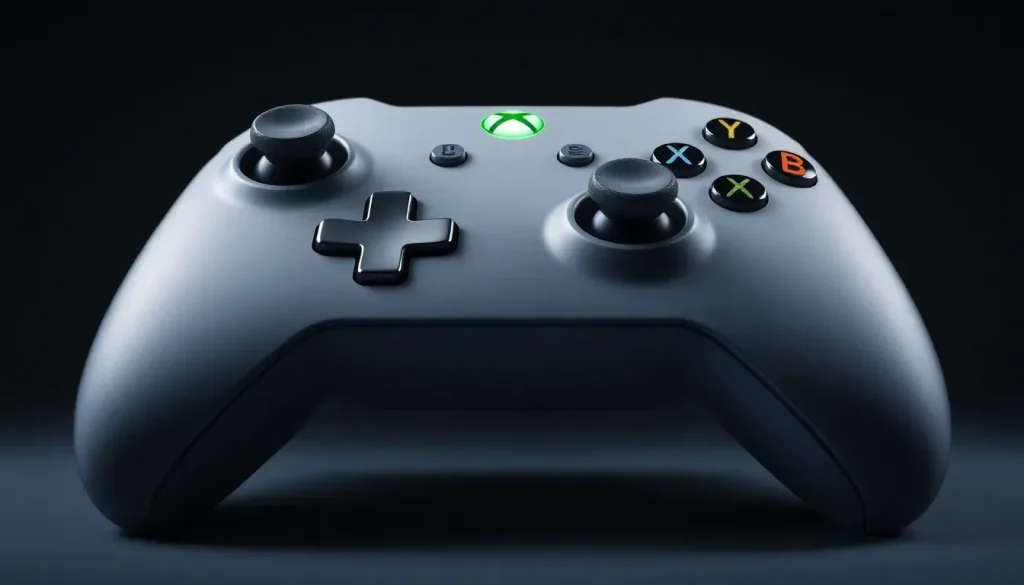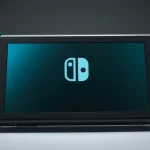Microsoft denies cancellation of next generation Xbox

The gaming world is abuzz with speculation and rumors regarding the future of Microsoft's Xbox console line. For years, whispers have circulated about the potential withdrawal of the tech giant from the console market, leading many to question whether they would pivot entirely towards cloud gaming and services like Xbox Game Pass. This speculation intensified over the weekend, but Microsoft has swiftly and firmly countered these claims, asserting their continued commitment to console development.
Background of the Rumors Surrounding Xbox
Concerns about Microsoft's commitment to future console generations are not new. The narrative has often drawn parallels to SEGA, which transitioned away from hardware development to focus on software and game distribution. This has led to a divided opinion among fans and analysts alike regarding whether Microsoft might take a similar path.
Recently, a prominent leaker sparked renewed fears by suggesting that Microsoft had halted development on the next generation of Xbox consoles. According to this source, changes in strategy had occurred overnight, pivoting towards prioritizing cloud gaming over traditional console hardware.
Microsoft's Official Response to the Cancellation Rumors
In response to these alarming rumors, Microsoft released a concise statement via Windows Central, firmly denying any plans to cancel their next-generation consoles. The statement emphasized that the company is "actively investing in our future consoles and proprietary devices designed, developed, and manufactured by Xbox."
This assertion aims to reassure the gaming community that Microsoft remains dedicated to producing cutting-edge hardware for its loyal fanbase. Furthermore, the announcement also hinted at a strategic partnership with AMD, which is expected to play a significant role in the hardware development of future Xbox consoles.
The Context of the Rumors: Recent Developments at Microsoft
The timing of these rumors coincided with a tumultuous period for Microsoft, particularly marked by a controversial price increase for Xbox Game Pass subscriptions. The increase, which in some cases reached up to 50%, led to widespread dissatisfaction among subscribers. Many expressed their frustration through various online platforms, questioning the value of their subscriptions amid rising costs.
- The price hike affected both Xbox Game Pass and PC Game Pass subscriptions.
- This followed an earlier increase in the prices of Xbox Series X|S consoles in May and September.
- Additional discontent stemmed from the high launch price of the Asus ROG Xbox Ally X, priced at 899 euros or 999 dollars.
Microsoft's Future in Console Development
Despite the swirling uncertainties, Microsoft has made it clear that they are not abandoning console development anytime soon. The key question remains: for how long will the company continue down this path? As Microsoft shifts more focus towards cross-platform availability and reducing reliance on exclusive titles, the landscape of console gaming is evolving rapidly.
The company is making strides to ensure that gaming experiences can be accessed across a wide array of devices. This includes everything from smart TVs to multimedia players and even vehicles, all of which are being integrated into the Xbox ecosystem.
Recent Partnerships and Future Hardware Plans
In June, Microsoft further solidified its commitment to hardware development by renewing its long-term partnership with AMD, which is crucial for producing the chips that will power future Xbox consoles. This collaboration is pivotal as it emphasizes Microsoft’s intent to create both a home console and a portable device, with a strong focus on backward compatibility.
However, these developments have not entirely quelled the ongoing speculations regarding the company's commitment to first-party hardware. Many enthusiasts and industry analysts continue to ponder the longevity of Microsoft's hardware strategy.
The Evolving Gaming Landscape
As cloud gaming technology advances, the line between traditional console gaming and cloud services is becoming increasingly blurred. Microsoft appears to be embracing this evolution, but the question of whether they can balance both hardware production and cloud service expansion remains crucial.
In this context, it’s essential to consider the following factors:
- The growing demand for cloud-based gaming solutions.
- The competitive landscape, with rivals such as Sony and Nintendo also evolving their strategies.
- The impact of user feedback and market trends on console pricing and features.
The future of gaming consoles, particularly for Microsoft, will likely involve a delicate balance between innovation in hardware and strengthening their cloud service offerings. As the industry adapts to new technologies and player preferences, Microsoft's next moves will be pivotal in shaping the next chapter of gaming.
In the meantime, you can watch a recent video discussing the future of Xbox and the potential implications of these developments:
As the gaming community watches closely, Microsoft has a significant opportunity to reshape its narrative and solidify its place in the console market while navigating the complexities of an ever-changing digital landscape.




Leave a Reply